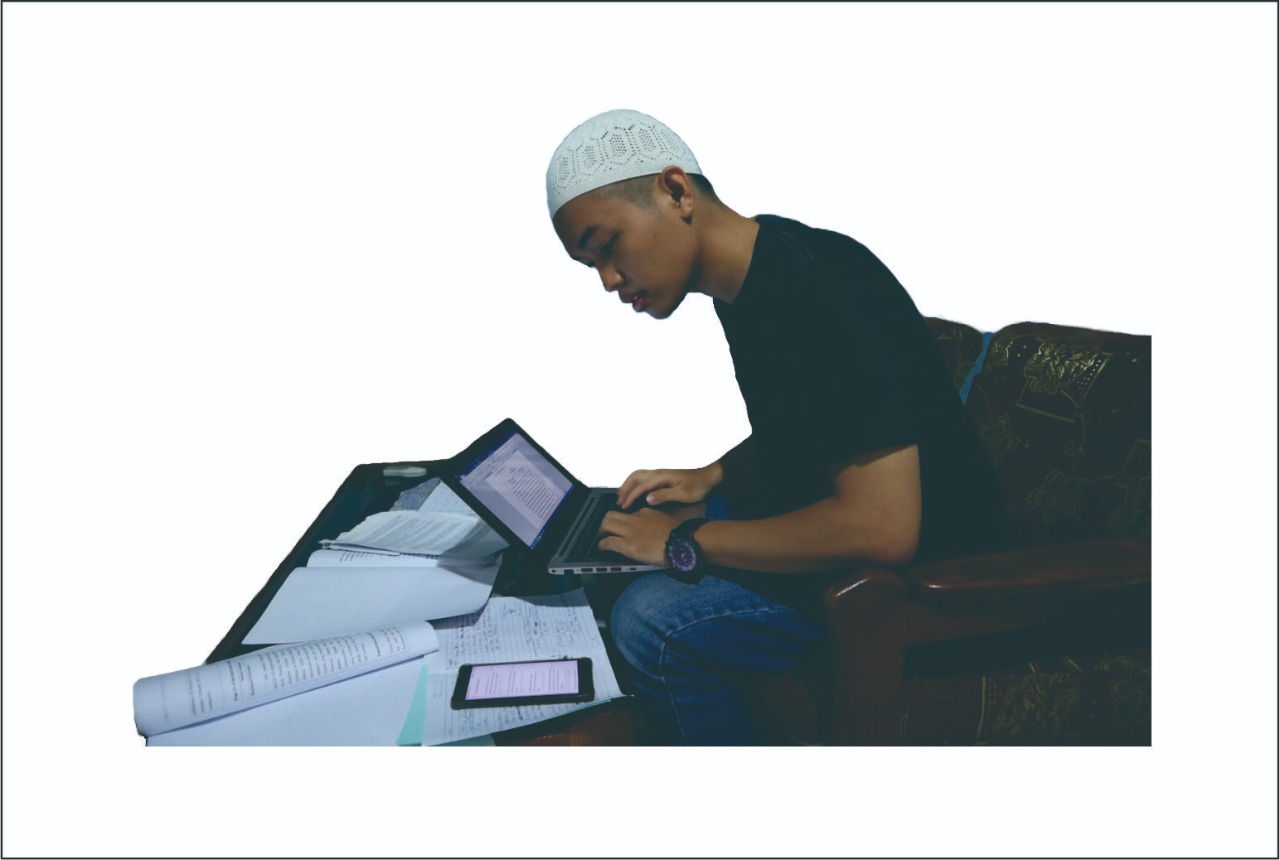Assessing the Effectiveness of Mobile-Application Technology: A Project-Based Learning
DOI:
https://doi.org/10.21070/jees.v5i1.376Keywords:
vocabulary, size test, mobile application, problem-based learningAbstract
In the development of technology and its advances in this industrial revolution 4.0 era, the graduates of vocational higher education institution are required to have a ready to use skill as demanded by the job market. This study aimed to investigate the effectiveness of utilizing mobile applications regarding vocabulary acquisition which occurred within a learning process. It was a project-based learning (PBL) performed during the supervision time of the student’ final project applying dictionary applications; The Free Dictionary and Dictionary.com. A mixed method approach was implemented where the data for the quantitative study was collected from the comparison of Vocabulary Size Test (VST) Monolingual-Version A which were carried out prior to and after the PBL. Moreover, the qualitative data was obtained from semi close-ended questionnaire, and open-structured interview. The result shows the superiority of using the mobile apps through this project-based process and at the same time the apps provide contextualized problem-solving environment to their users.
HIGHLIGHTS:
- Even though written reference sources still have a place for students, it cannot be denied that online reference sources have many advantages in the current process of English teaching and learning.
- Through the project-based learning, mobile application technology can facilitate the students in the language learning process effectively and efficiently, and empower themselves to get maximum results, which is ultimately improve the output of educational institutions in the future.
Downloads
References
Boustani, K. (2019). The Correlation between Translation Equivalence, as a Vocabulary Learning Strategy, and Tunisian EFL Learners’ Speaking Anxiety. Languages, 4(1):19–19.
Chanprasert, C. and Hnin, P. H. (2013). The use of mobile technologies for language skill development. Executive Journal, 34(1):98–107.
David, J. L. (2008). What Research Says About/Project-Based Learning. Educational Leadership, 65(5):80–82.
Deng, Q. and Trainin, G. (2015). Learning vocabulary with apps: From theory to practice. No Title. The Nebraska Educator, 2:49–69.
Efstratia, D. (2014). Experiential Education through Project Based Learning. Procedia - Social and Behavioral Sciences, 152:1256–1260.
Fisk, P. (2017). Education 4.0 … the future of learning will be dramatically different, in school and throughout life.
Hanifah, N. (2016). Translation theory as a basic of translation learning: a qualitative-ethnographic study. Jurnal Cakrawala Pendidikan, 15(2):254–263.
Hussin, A. A. (2018). Education 4.0 Made Simple: Ideas For Teaching. International Journal of Education & Literacy Studies, 6(3):92–98.
Ibrahim, S. M. (2018). Tantangan Pendidikan Era Revolusi Industri 4.0.
Kozinski, S. (2017). How generation Z is shaping the change in education.
Lan, Y.-F. and Sie, Y.-S. (2010). Using RSS to support mobile learning based on media richness theory. Computers & Education, 55(2):723–732.
Larmer, J. and Mergendoller, J. R. (2010). Seven Essentials for Project-Based Learning. Educational Leadership, 68(1):34–37.
Lasse, D. (2019). Education and Industrial Revolution 4.0. Jurnal Handayani, 10(1):1–15.
Mackey, A. and Gass, S. M. (2005). Second Language Research. Lawrence Erbaulm Associates, Inc, New Jersey.
Mcdonough, J. and Steven, M. (1997). Research Methods for English Language Teachers. Great Britain; Arnold.
Mohammad, A. M. A., Rushdi, M., and Nimer, S. (2013). Using Mobile-Based Email for English Foreign Language Learners. TOJET: The Turkish Online. Journal of Educational Technology, 12(1):178–186.
Nation, I. S. P. (2008). Teaching and Learning Vocabulary. Heinle and Heinle, Boston.
Rachman, F. F. (2018). Apa itu revolusi industri 4.0.
Robinson, D. (2012). Becoming a translator: An introduction to the theory and practice of translation . London and New York. Routledge.
Steel, C. J. (2012). No Title. ASCILITE 2012 - Annual conference of the Australian Society for Computers in Tertiary Education, pages 875–880.
Stockwell, G. (2010). Using mobile phones for vocabulary activities: Examining the effect of the platform. Language Learning & Technology, 14(2):95–100.
Suwantarathip, O. and Orawiwatnakul, W. (2015). No Title. The Turkish Online Journal of Educational Technology, 14(1):163–171.
Traxler, J. (2010). Medienbildung in neuen Kulturräumen (trs. Media literacy in new cultural spaces). Weisbaden: VS-Verlag für Sozialwissenschaft, pages 103–113.
Xu, M., David, J. M., and Kim, S. H. (2018). The Fourth Industrial Revolution: Opportunities and Challenges. Challenges. International Journal of Financial Research, 9(2):90–95.
Yaningsih, Y., Sariani, S., and Khairat, M. (2018). Having larger vocabulary size increases students’ communicative competence producing spoken and written broadcasting script. Seminar Nasional Industri Bahasa.
Zhang, H., Song, W., and Burston, J. (2011). Reexamining the effectiveness of vocabulary learning via mobile phones. The Turkish Online Journal of Educational Technology, 10(3):203–214.

Published
How to Cite
Issue
Section
License
Copyright (c) 2020 Sariani Sariani, Yaningsih Yaningsih, Mutia El Khairat

This work is licensed under a Creative Commons Attribution 4.0 International License.







